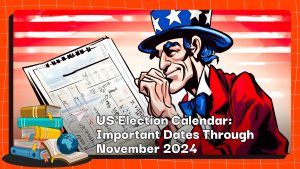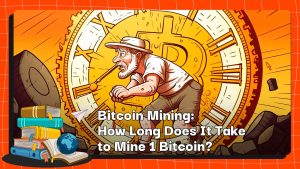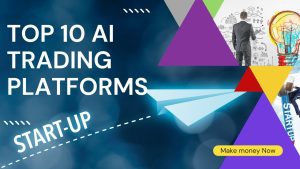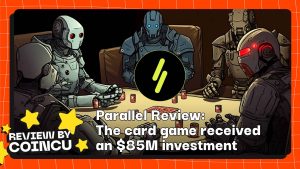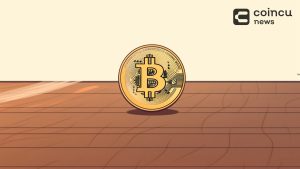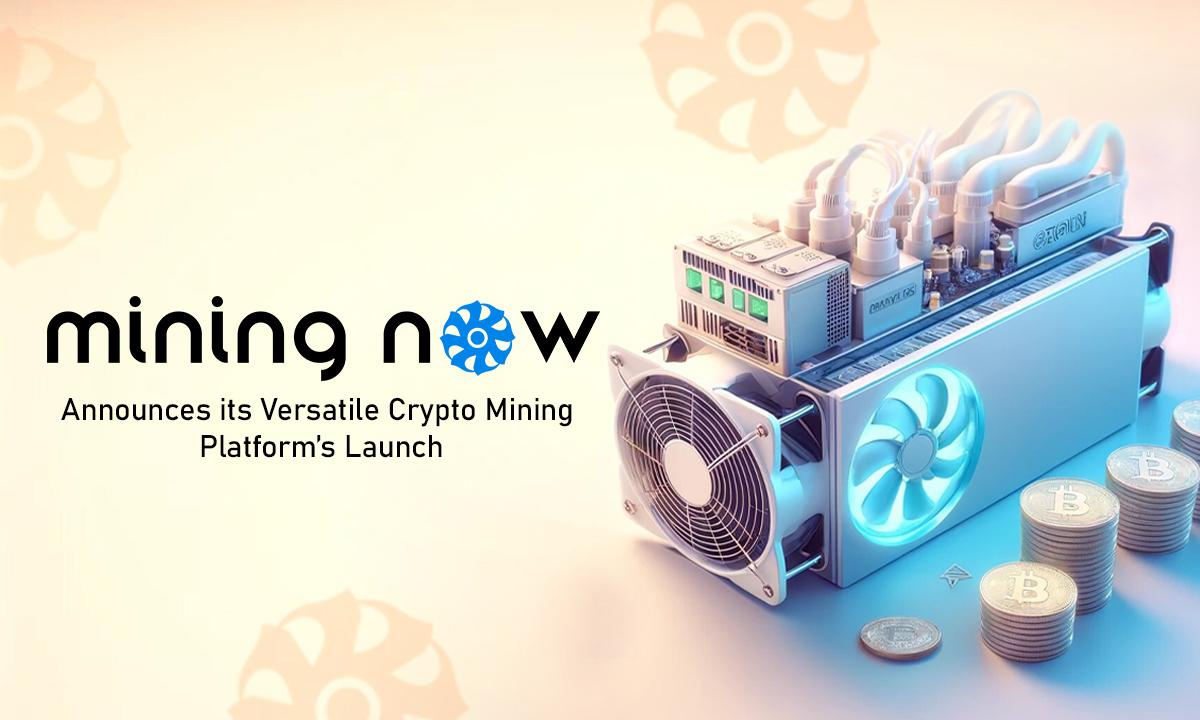How NFTs Can Make Robots And Automation More Accessible To Everyone?
Most people had never heard of non-fungible tokens before two years ago (NFTs). As the buzz surrounding these digital tokens reached extraordinary heights, Collins Dictionary recognized NFT as their annual “Word of the Year” towards the end of 2021. Most people are now familiar with NFTs and understand how they can be used to tokenize valuables such as one-of-a-kind works of art, virtual apparel items for usage in video games and the metaverse, and other digital objects such as films and audio files.
Many people are unaware, however, of NFTs‘ enormous potential outside of the world of digital collectibles. NFTs provide a one-of-a-kind possibility to establish ownership of actual objects and items in real-world circumstances. People are already using NFTs to verify ownership of commodities and assets that have previously relied on socially approved contracts, like as houses, vehicles, and other valuables.
The notion for machine NFTs was formed here, answering the question: what is AI art? at the intersection of technology and physical property. NFTs may have a stronger impact on society in the following decade in this area.
Alternative applications for NFTs in the coming decade

The introduction of machine NFTs is a chance for everyone to benefit from technical advances. Let’s look at artificial intelligence and automation as an example. According to McKinsey, by 2030, one-quarter of the US workforce will have lost their jobs to automation.
Many people have expressed legitimate concerns about the possibility of a dystopian future in which machines are controlled by a few small parties and manufacturers as automation advances, infiltrating new sectors of our working lives and improving living at home.
In this scenario, the increased efficiency and output of the machines that take over the manual, routine motions that humans have usually undertaken across most industries will benefit primarily those who already own machinery and capital. The issue is that the majority of people do not own machines or considerable amounts of money.
The usage of machine NFTs has the potential to change this, allowing anybody to hold and profit from a share in the machine economy. People are no longer consumers in the viewpoint of a few giant corporations, but rather communities with a stake in company processes, thanks to the deployment of machine NFTs.
Preparing for an automated future

People have reason to be concerned about the potential impact of automation on the economy, which might result in job losses in nearly every industry throughout the world.
One of the issues with how we’ve tackled this topic in the past is that we’ve always looked at it through the lens of the machine, seeing automation exclusively as a tool for increasing profit margins, reducing errors, and lowering expenses. In reality, the best way to approach the problem is through the eyes of humanity.
As humans, we should view technology as a tool that allows us to spend more time doing the things we enjoy. Automation gives everyone more time, and in the future we aim to achieve, this will benefit both people and society as a whole.
Machine NFTs set aim to address additional potential bad side effects of growing automation, in addition to fulfilling the Web3 vision of transferring ownership rights to individuals. Machine NFTs benefit not just individuals, but they also have a significant impact on society as a whole in a world where machines are all connected and communicating with one another in a “economy of things” (EoT).

For example, data from these devices can be used to send information to governments and smart city planners so that they have up-to-date and accurate information on things like road quality, how busy public places are, and when machines need to be fixed, replaced, or enhanced.
Though NFTs have gained widespread attention in the last year, it will take time for the general people to grasp the full potential of this technology.
We’ll begin to recognize NFTs as a connector of the physical and digital worlds that gives individuals an important stake in the world around them over the next five to ten years as we see the practical role that NFTs can play in resolving issues like the impact of increased automation on the global workforce.
DISCLAIMER: The Information on this website is provided as general market commentary and does not constitute investment advice. We encourage you to do your own research before investing.
Join CoinCu Telegram to keep track of news: https://t.me/coincunews
Follow CoinCu Youtube Channel | Follow CoinCu Facebook page
Patrick
CoinCu News







